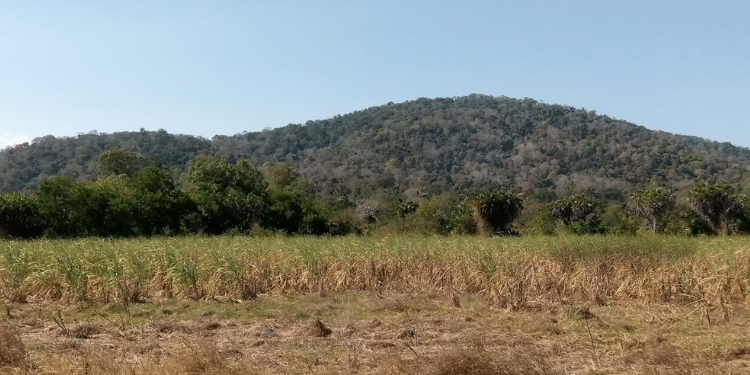By Fredrick Juma
Kenya’s economy has long been characterized by a delicate balance between nurturing local enterprises and attracting foreign direct investment.
As a developing country, it is obvious that Kenya cannot break the chains of poverty and unemployment without having a friendly environment for investors.
There is no doubt that large investors have played a pivotal role in shaping the country’s economic landscape.
As Kenya stands at a crossroads in its development journey, the importance of respecting and supporting these major investors cannot be overstated.
The economic, social, and environmental contributions of large investors are vital to the nation’s prosperity.
Therefore, it is crucial for Kenya to create an environment that encourages such investments, ensuring sustainable growth and mutual benefits for both the nation and the investors.
Large investors like Del Monte Kenya, EABL and Coca-Cola are central to the economic stability and growth of the country.
These investors have been instrumental in transforming key sectors, creating jobs, boosting exports, and providing critical revenue streams for the government.
However, as Kenya continues to evolve, the question arises: how can the country balance the benefits of these investments with the broader needs of its population and long-term sustainability?
One of the most evident impacts of large investors has been in agriculture, which remains the backbone of Kenya’s economy.
Companies like Del Monte Kenya have not only bolstered the nation’s export earnings but have also introduced modern agricultural techniques that have improved productivity.
The country’s global reputation as a leading producer of products such as tea, coffee, and flowers is largely due to these investments.
These companies have invested in technology, infrastructure, and capacity building, raising the standards of production and ensuring Kenya remains competitive in the global market.
For instance, Del Monte Kenya, is one of the largest employers in the country, offering direct jobs to 6,500 Kenyans in the agricultural and processing sectors.
This employment not only provides livelihoods but also contributes to the local economy through the multiplier effect, where the income generated circulates within the community, spurring further economic activity.
However, the company has faced scrutiny over its practices, particularly concerning land use and community relations.
Environmentalists and local communities have raised concerns about the environmental impact of large-scale farming, including water usage and land rights.
Del Monte Kenya's establishment of a biofertilizer plant, which converts pineapple residues into fertilizers, is seen as an effort to reduce waste and improve sustainability.
The use of biofertilizers helps mitigate the reliance on chemical fertilizers, which can degrade soil health and harm water sources.
This initiative aligns with broader environmental goals but has not fully addressed ongoing concerns about the long-term impact of agribusiness on local ecosystems.
Kenya’s ability to attract and retain large investors is essential to its economy, but balancing corporate interests with sustainable development and community well-being remains a pressing challenge.
The government faces the task of ensuring that investor confidence is maintained while addressing the valid concerns of local populations and environmental advocates.
Kenya’s future prosperity is closely tied to its ability to forge strong and mutually beneficial relationships with large investors.
By supporting such investors, Kenya can ensure that these benefits continue to flow, contributing to the nation’s overall development goals.
The Writer is Social Media Consultant



















